Методологічнийзмістнавчанняанглійськоїмови
 Скачать 1.1 Mb. Скачать 1.1 Mb.
|
Blooming leaves rain mushroomsBirds fresh air damp fruit Grass warm overcast vegetables Wind green cool Your next task will be to recite poems about seasons. Now, today we’ll read a poem by american poet E. Dickinson.Look at the board and listen the poem. Guess the title of this poem. The mornings are getting greyer, The nuts are getting brown The berry’s cheek is plumper The rose is out of town. The maple wears a gayer scarf, The fields a scarlet gown. It’s time when children’s noses All become as red as roses And the colour of their faces Makes me think of orchard places. What is the title of this poem? What do you think ? P1. – I think, the title of this poem is Autumn, because the nuts are getting brown in autumn. P2. – To my mind, the maple wears a gayer scarf in autumn too. T. Ok! You are right . Do you like this poem? Now, let’s try to make your own poems about spring using the technique of cinquain. a noun, 2. two adjectives,3. three “ing” words,4. a sentence or a phrase, 5.a synonym for the noun. Spring Lovely preety Flowering, smiling, shining, singing Trees are in blossoms Awakening 4. T. Now, I change the names of your groups. -So, you know much about poetry. Let’s deal with a stories. y the way, what stories and fairy- tales about nature do you know ? P1 “12 months”, “ Snowchild.” P2.” The Selfish Gaint” by O. Wilde, “The Autumn tale “ by U. Yarmish/ P3. “Prenses September” by S. Moghem. Today, we’ll read the story “ Four Wishes”/ Every groups gets an episode of the story.You read it. Find the sentences, Why does Nick Like autumn, winter, summer, spring ? Retell the episode, with your opinion. Nick likes all seasons, because each of them has its advantages. I agree with you. Well down. Let’s get down to the second part of our lesson – to music and arts. Imagine, please,We are at the Art Gallery ! I want you to pay attention to our exposition: This is the painting “ The Rooks Have Come” by Savrasov. This is the painting “ The Autumn Park in Pavlovsk” by Shyshkin. -\-\-\-\-\-\-\-\-\-\-\\-\-\” Golden Autumn “ by Zhukovskiy. ---\--\-\-\-\-\-\-\\-\--\\-“ March” by Levitan. -\-\-\-\\-\-\-\-\-\\-\-\-\-\” The First Snow” by Polenov. -\-\-\-\\-\--\\-\-\-\-\\-\-\” Birch Wood” by Kuinzhy. These paitings of famous artists depict different seasons. ( Учні виступають в ролі відвідувачів) These are two visitors. Let’s listen what are they speaking ? Hello! Fairy bright for the time of year. Hi! It seems to be clearing up. What a nice picture ! Nice and bright this picture. A rainy day, isn’t it? Yes, I like it too. Yes,The sky is dark. I don’t like such a weather and you ? I don’t like such a weather too! What are they speaking about ? p. They are speaking about weather.What weather do you like ? Fine weather Nasty weather Cloudy, rainy,snowy,foggy,sunny,hot, Wet, changeable, cold, gloomy,windy, Bright,clear, warm When the weather is wet, We must not scold But we thankfull We must not fret, When the weather is warm, together When the weather is cold, We must not storm, Whatever the weather 6.Our next task well be very interesting for you . Relax, please.Try to imagin the beauty of nature, when you listen a piece of music of Vivaldy “The Seasons of the year”. And pait, please, your favourite season in colours. Express your feelings about nature in colours. The weather may be cjld and warm, Coloures may be warm and cold too. ( Після виконання творчого завдання учні захищають свої роботи,розказують про те, які кольори використовували, коли малювали свою улюблену пору року та описують її.) Summing up our lesson, let’s guess the crossword. 1 It is very bright and hot. (sun) They flow in the streets after winter. ( streems) What makes autumn the richest season. (harvest) It is small and cold and likes little stars.(snowflake) They grow in the parks, gardens,forests.They are beautiful.(flowers) The coldest seasons of the year.(winter ) We like the songs they sing in the forests (birds). 7.Lesson summary I know you all like Nature and seasons of the year. Each of them is beautiful by its own way. Nature makes painters discribe it in their works and makes poets write about it. And you should remember the English proverb “ There is no bad weather, There are bad clothes.” Because “ Everything is beautifull in its season “. But we must be thankful together whatever the weather. And with that we are coming up to the end of our lesson. I’m pleased with the work of the form . I’m happy to say we have done a good bit of work today. You are good marks. Your hometask will be : to write down composition about your favourite season, using All information about this topic. TOPIC : HELLO! INTRODUCTION . I’m… I’m from… Where are you from ? Мета : Ознайомити з англомовними країнами.Вчити розказувати про себе,вміти вести діалог. Тренувати вживанню в мовленні мовної структури: « I’m , I’m From.., Where are you from ?” Ознайомити з новим підручником “Project”. Активізувати навчально-пізнавальну діяльність.Розширяти кругозір, зорову пам’ять.Прищеплювати бажання до вивчення англійської мови. Виховувати любов до рідної мови, мови англомовних країн, співдружні відносини між народами різних націй. Обладнання: Карти англомовних країн, магнітофон, словник, задачі до уроку, тексти з завданнями, зошити, project. Хід уроку. -Good morning . children ! Are you ready for the lesson ? Look at each other, please, Smile to each other, please, And begin our lesson! So many languages you Know, So many times you are a man. LANGUAGE IS THE DRESS OF THOUGHT S. Johnson. DIFFERENT LANGUAGE I met a little girl,Who came from another land,I couldn’t speak her language, But I took her by the hand, we danced together and had such fun, Dancing is a language you can speak with anyone. -Where does she live? -She lives in America. Do you know English-speaking countries? /Britain,Canada, America, Australia,New Zealand. Показує вчитель на малюнках і картах країн./Багато людей говорят англійською в Китаї,Японії,Індії,Африці Взагалі англійською мовою в світі розмовляють 415 мильонів людей. Українською мовою розмовляють в світі 48 мил. Людей.,Але це наша рідна Мова і ми повинні її знати на ній розмовляти. Наші завдання на уроці: ЗНАТИ ВМІТИ /додається до уроку/ 1Today. We’ll start work with interesting book” PROJECT” Oxford UNIVERSITY Press, by Tom Hutchinson. We are going to meet some boys and girls from England Speaking countries .Introducing the projects and project writers. Pay attention to the blackboard: You know Can Pay attention to the vocabulary: 3.The topic of our lesson is “ Hello! Introduction ! Take your project,open it at page 1.Look at the “HELLO!” -How many children can you see ? -Which countries or towns are they from ? -How old do you think they are? -Can you see any relationships? 4.Listen the tape, please. Правила слухання магнитофону,запису уроку. Працюють з матеріалом касети уроку № 1. 5. Читання за ролями. 6. Діалогічне мовлення Pair – work. – Hello! I’m Serhiy. I’m from Ovruch. - Hello ! I’m Victor. I’m from Ovruch too. Рольова гра за ситуацією. Женя приїхав до Київа і зустрів там Тоні Хіла. Now, Let’s listen What they are speaking about _ - -- Hello! I’m Tony Hill. I’m from Britain. - Hello! I’m Evhen. I’m from Ovruch, Ukraine. - Nice to meet you. - Nice to meet you too How about a glass of Juce ? - That a good idea! - Is this your first visit to our country ? - Yes,it is. - Are you a pupil, Tony? - Yes, I’m a pupil. I’m in the 6th form.and you? - I’m in the 5th form. - You live in Kyiv, don’t you? - No, I live in Ovruch, Together with my family. - We are talking too much.It’s time to have - Adrink. Olha met with Rebecca Fawley. - Hi ! I’m Rebecca. I’m from Carnforth. - Hello! I’m Iryna .I’m from Ovruch. - How old are you ? - I’m 10. That’s my age. - Do you go to school ? - What is your favourite subject? - My favourite sub. Is English. And your? - My favourite sub. Is Math. - Wthat are you interested in ? - I’m interested in music. - Have you got a pet ? - Yes, Ihave got a white kitten. - You are a good clever girl, but a bit talkative I must go. Bye-bye. .8. Open your workbook at p . 1. Cities and countries. Look at the maps.what country is it ? What town is it ? Listen the text, please.Translate it and do ex. Summing up our lesson, let’s do the following. Australia Britain Canada (Sydney) English America New Zealand ( New York ) Робота за схемою, з“єднай слова.Where are the children from ? Ben Taylor Australia Rebecca Fawley New York Stuart Ross Britain Cheryl Mason London Jane Hill Carnforth Mandy Taylor Japan Stephen Wright Britain Tony Hill Ovruch Mykola Carnforth Where is “PROJECT” from ? It’s from Oxford. You are good today.Your marks are….. Your hometask….. Our lesson is over. Дидактична мозаїка 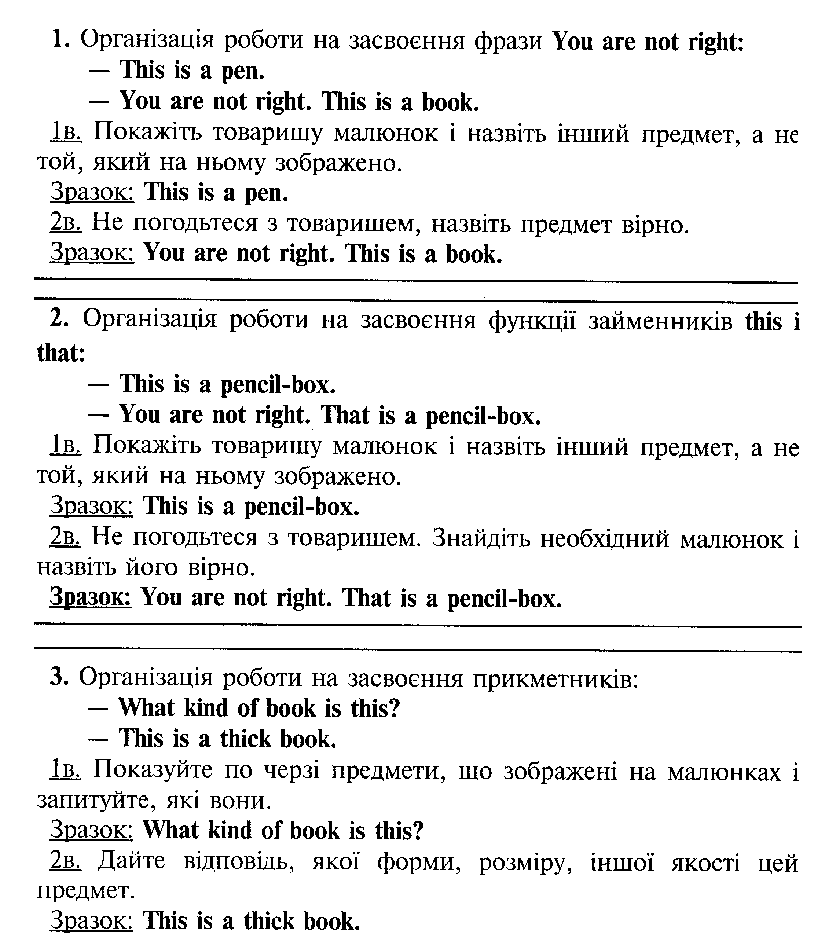 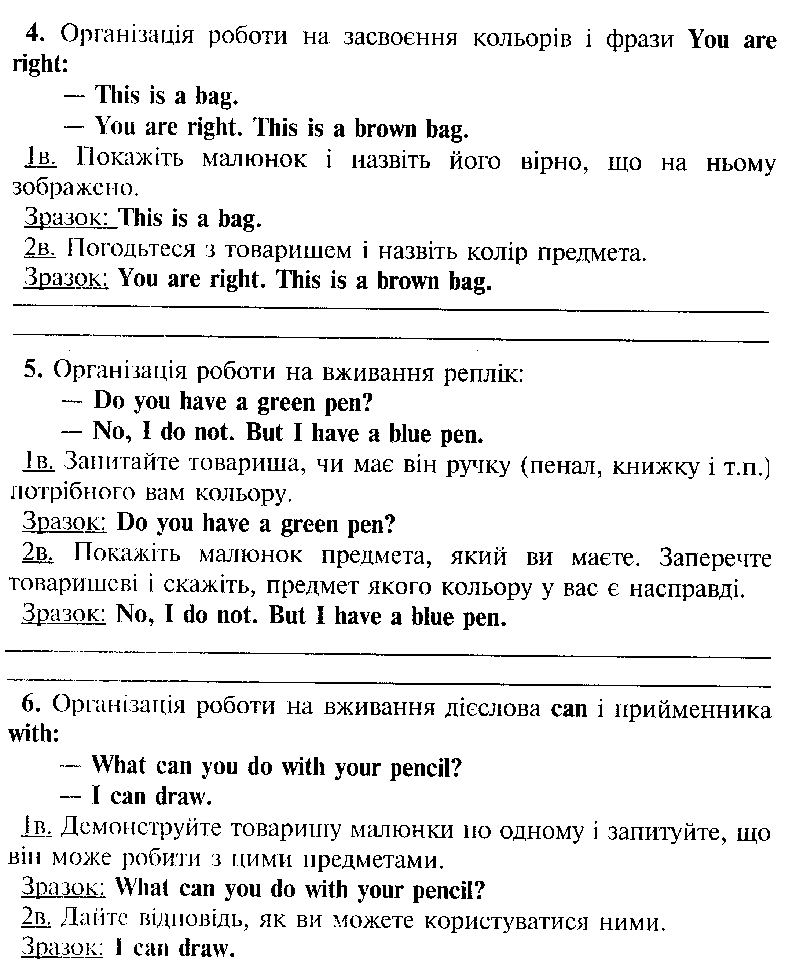 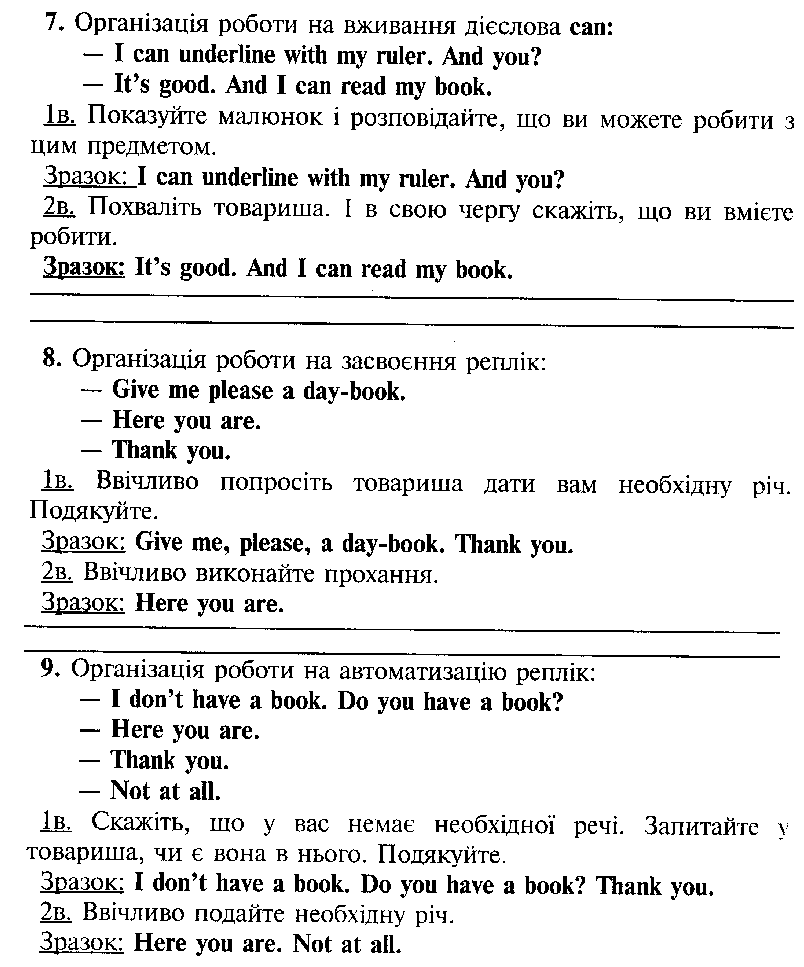 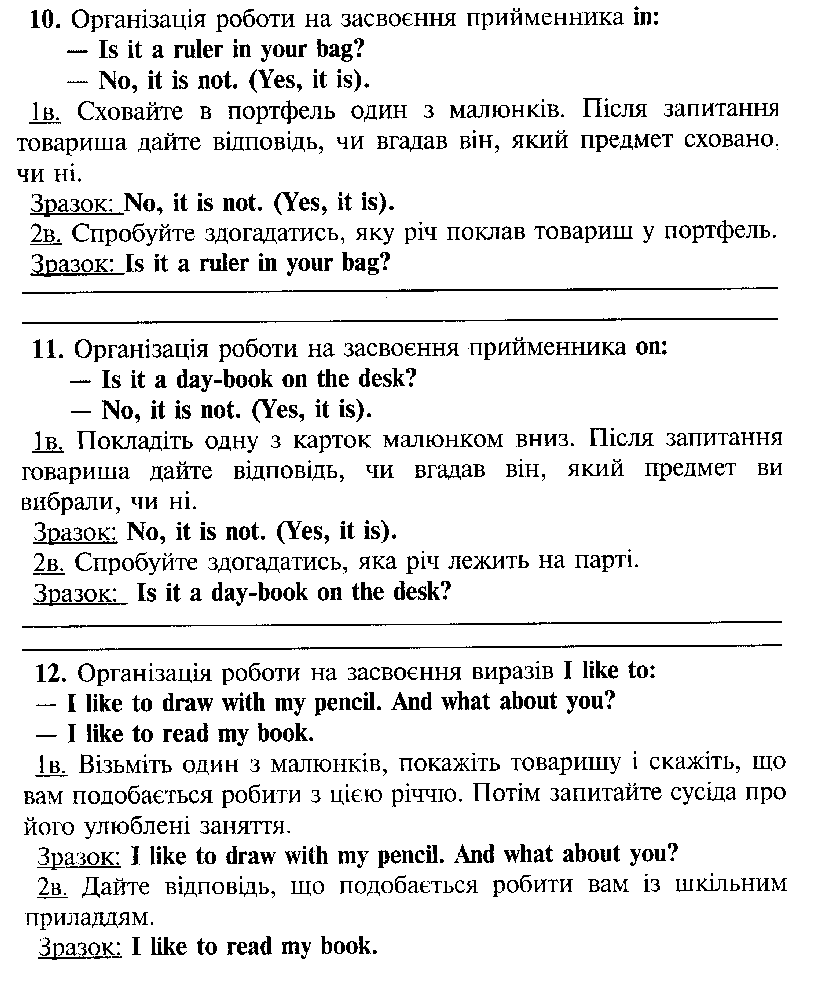 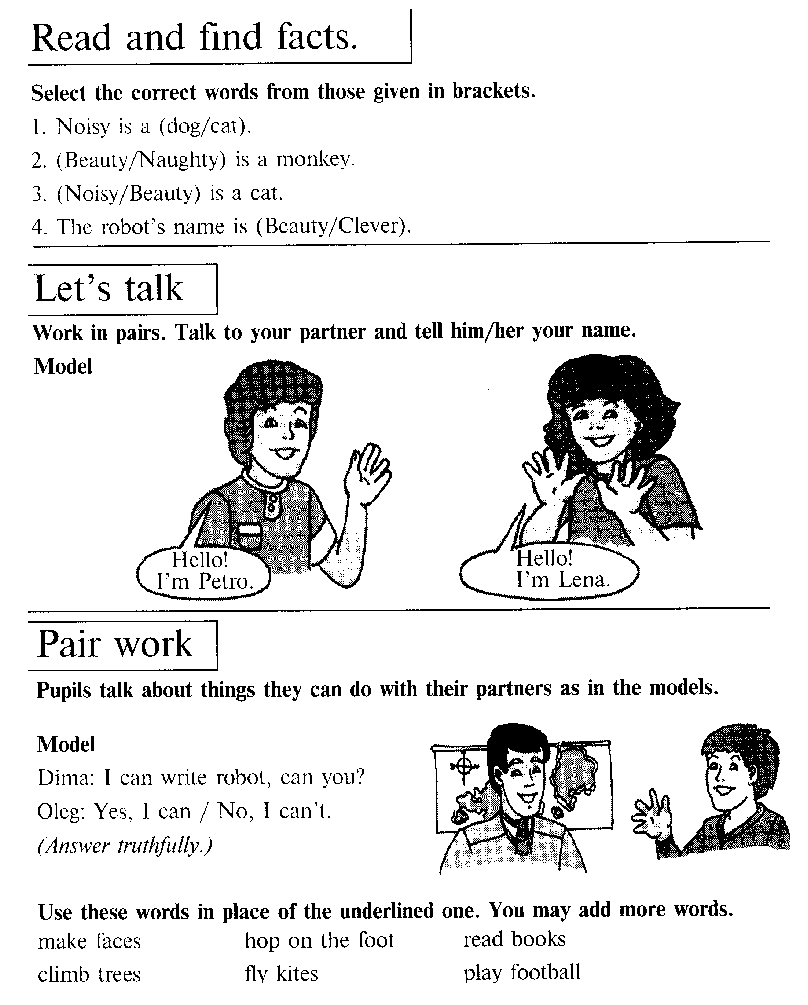 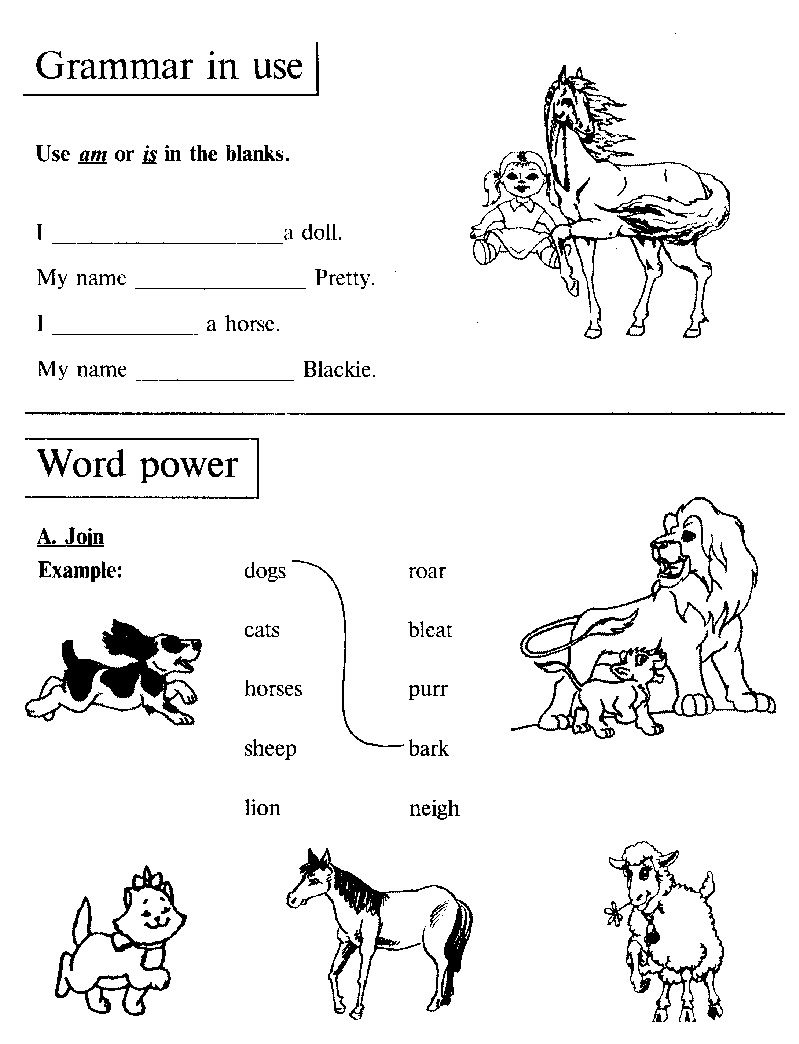 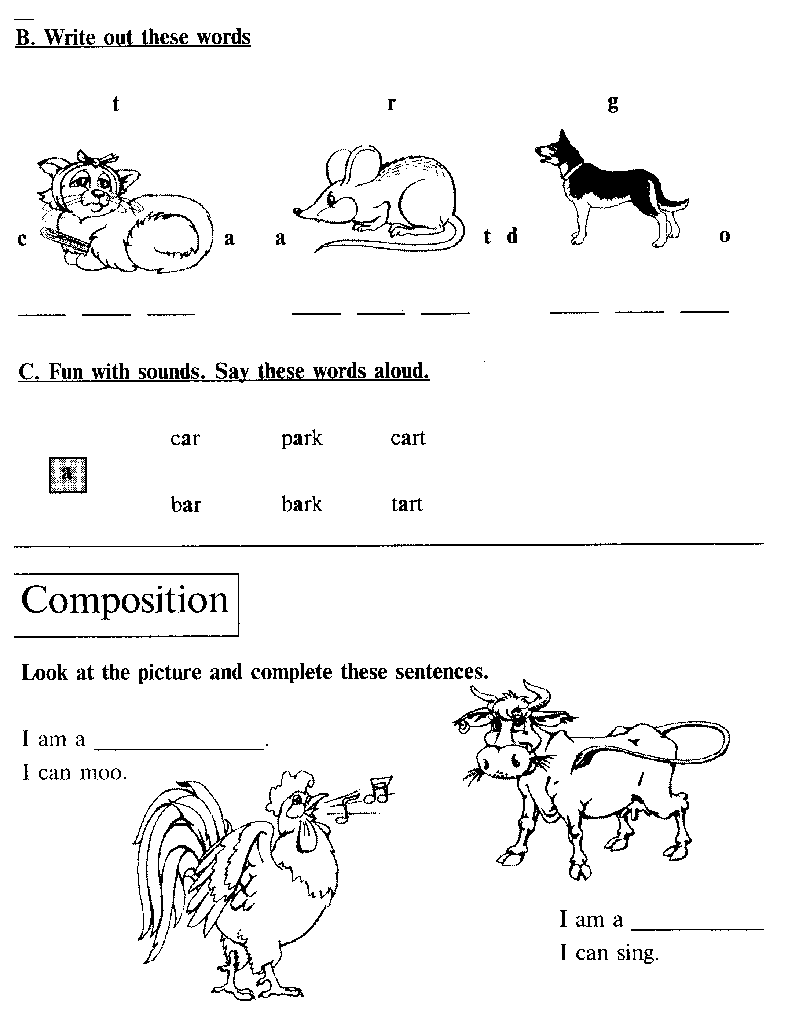 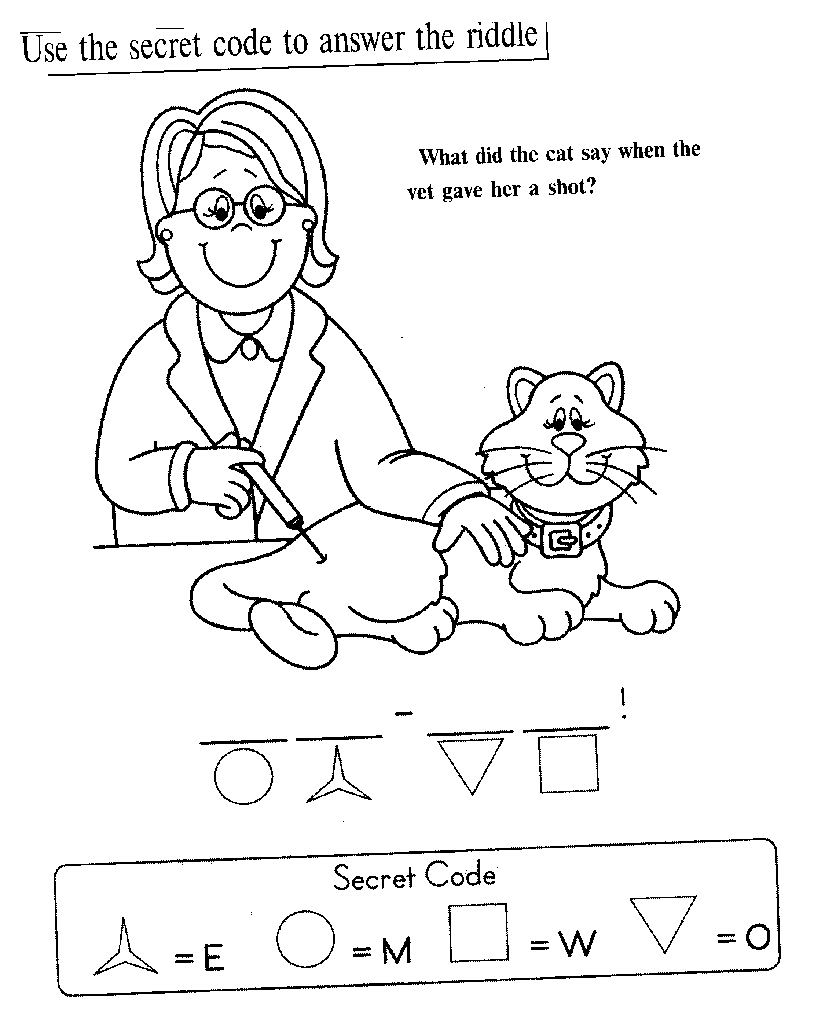 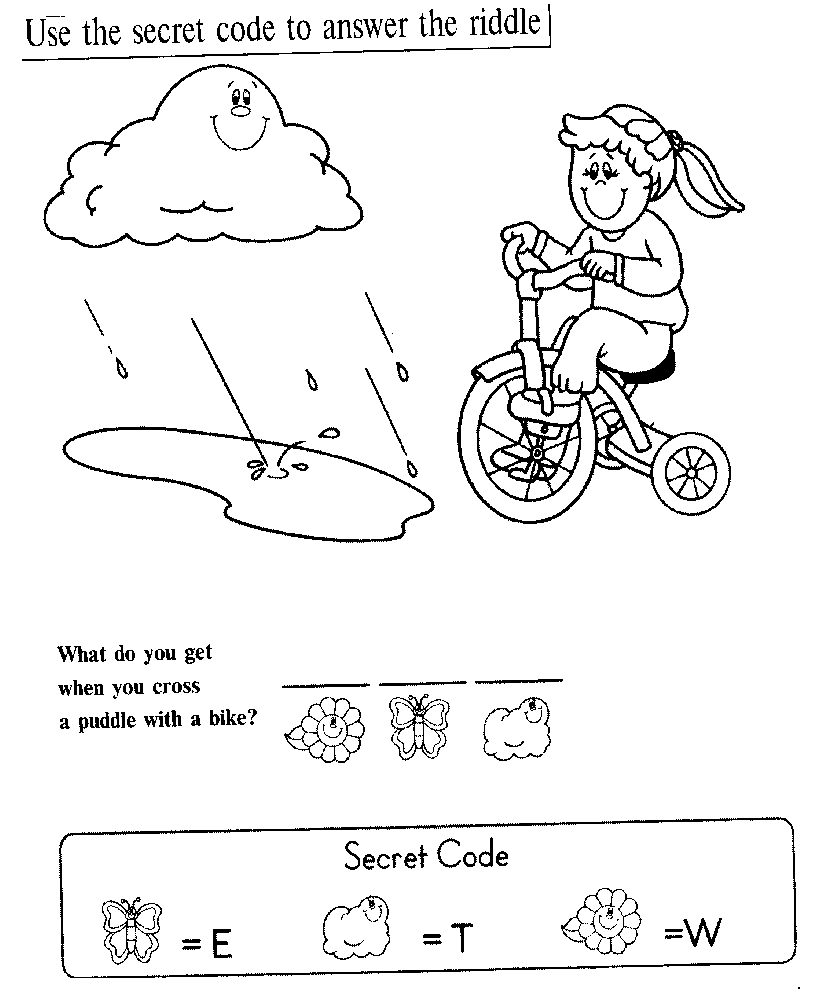 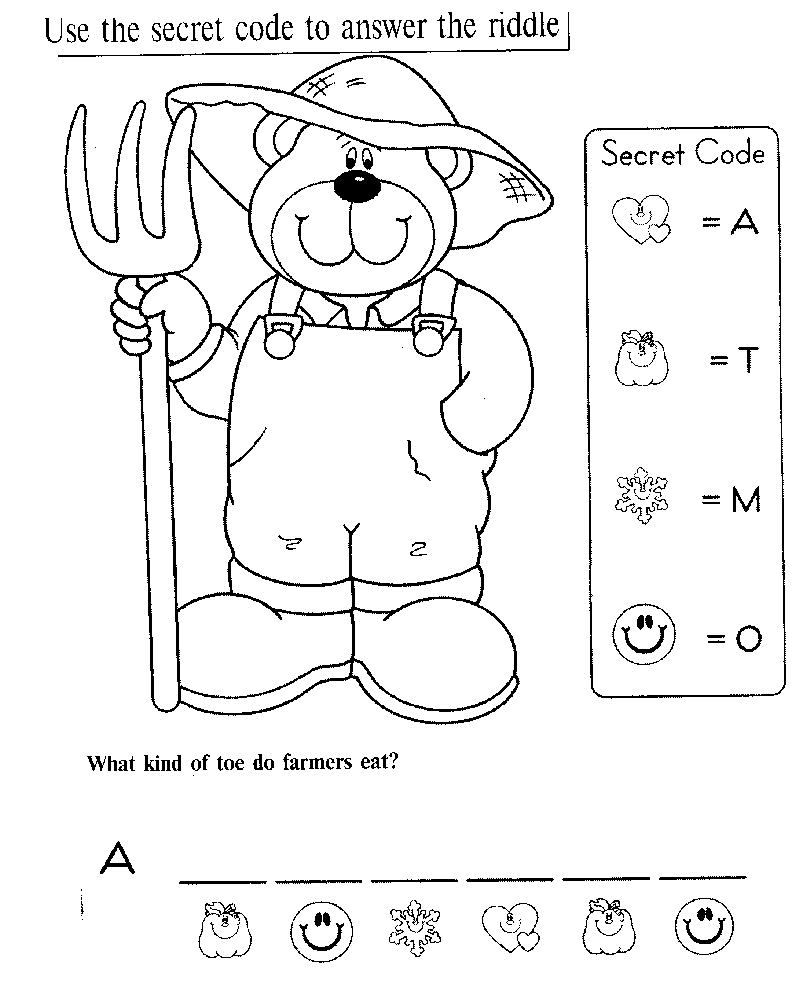 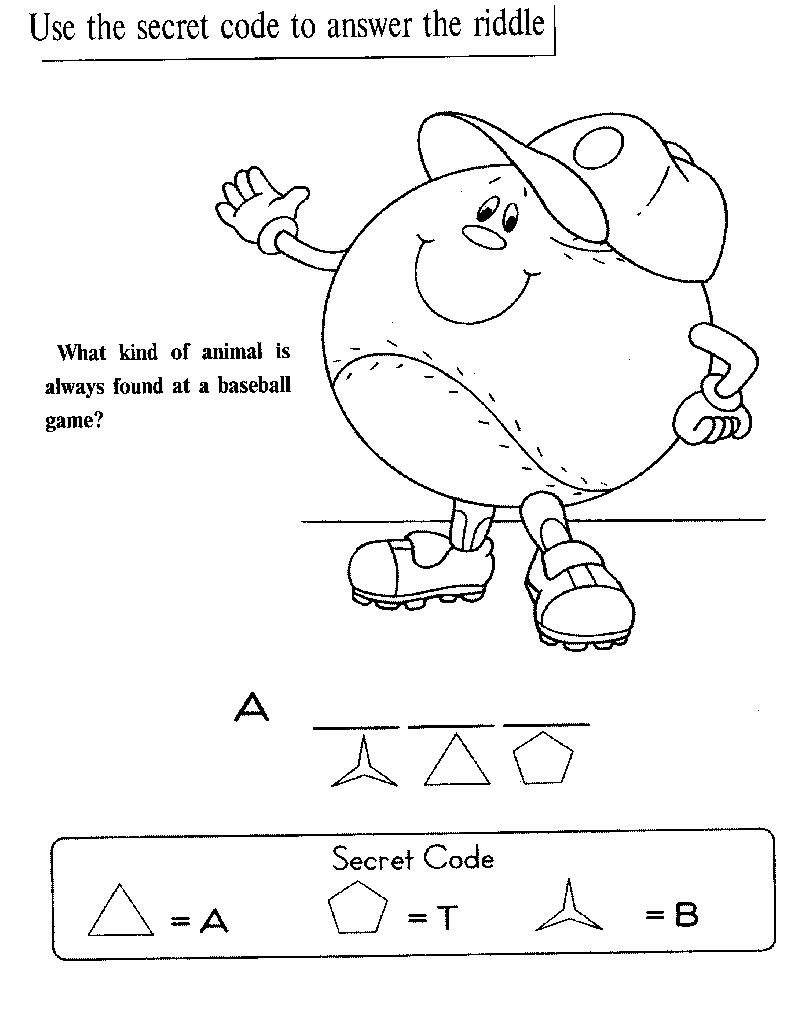 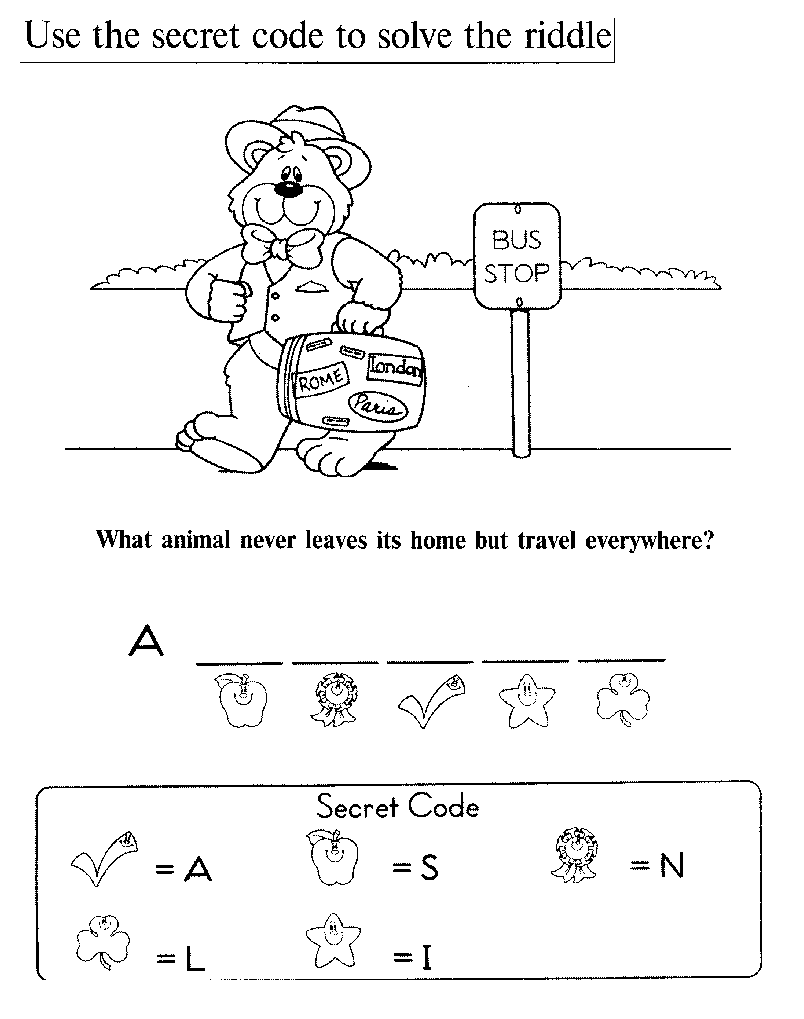 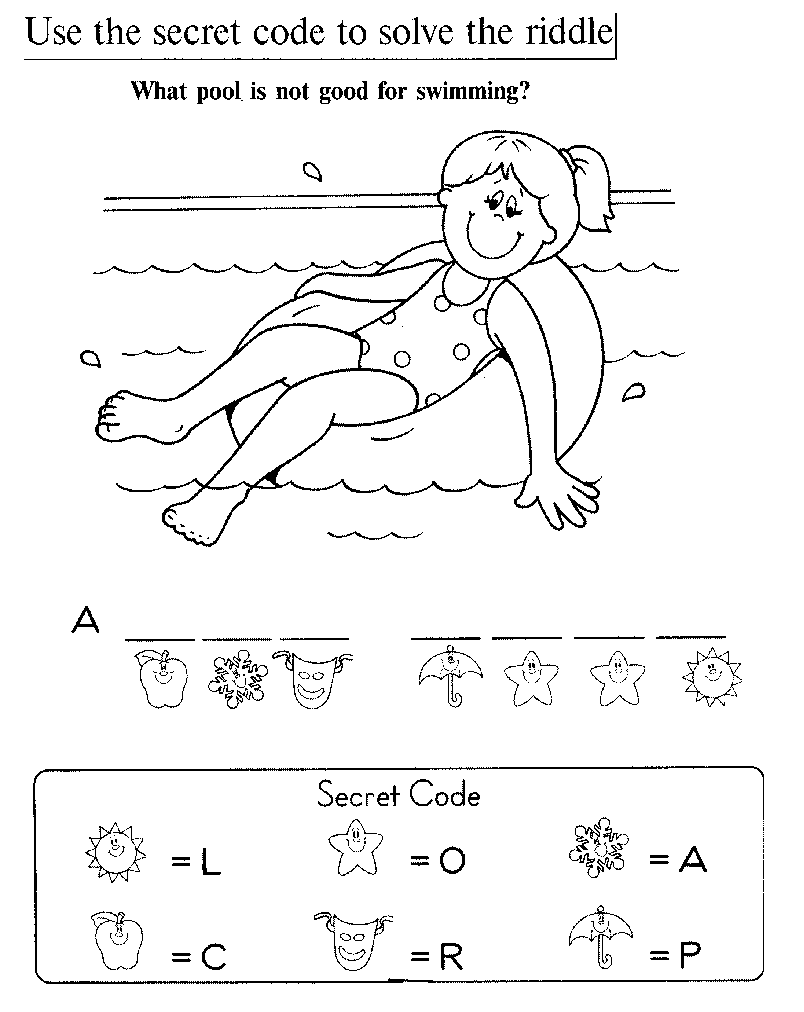 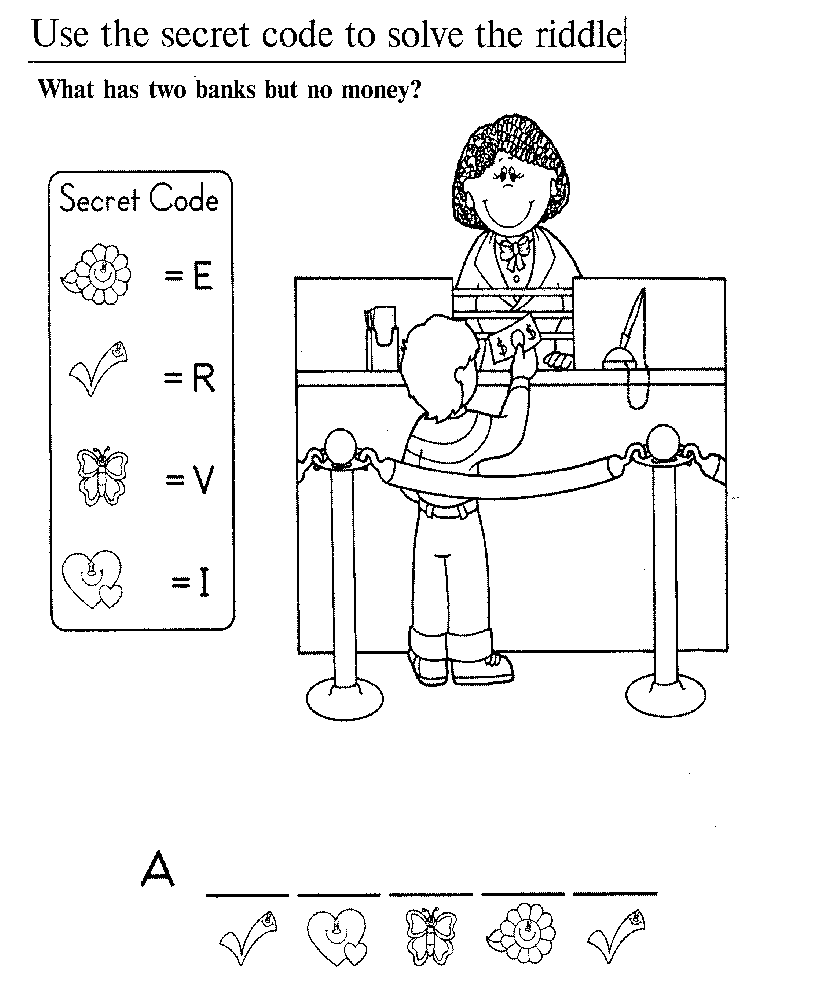 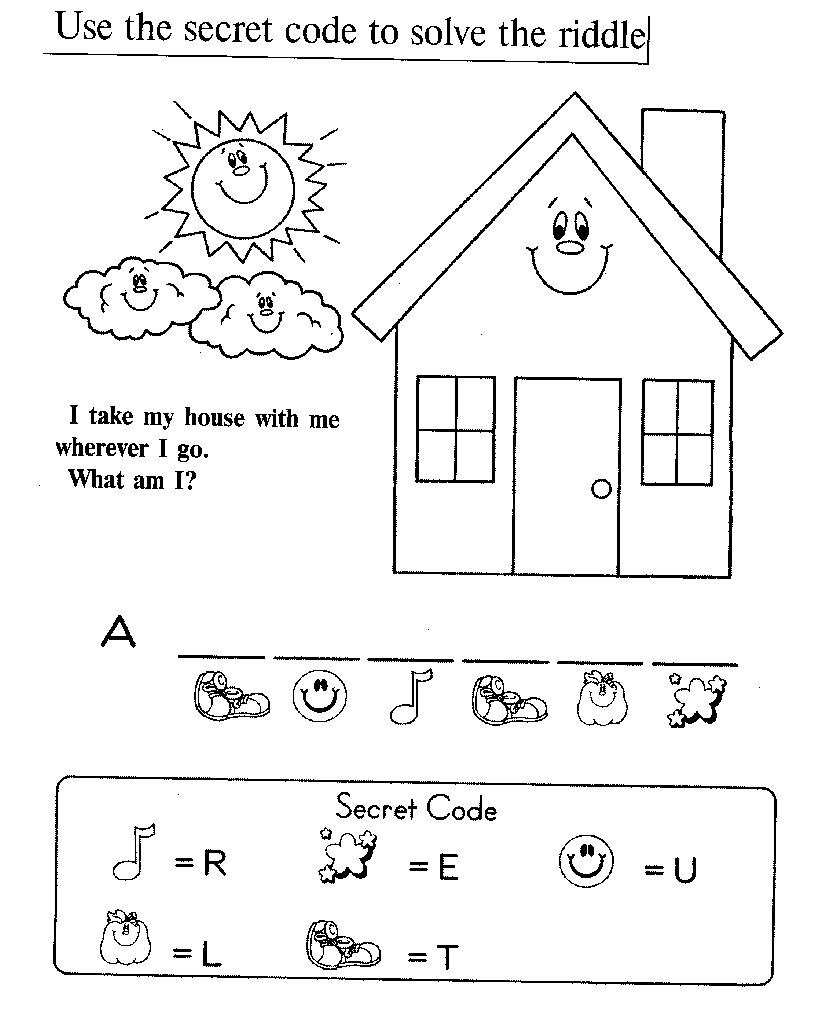 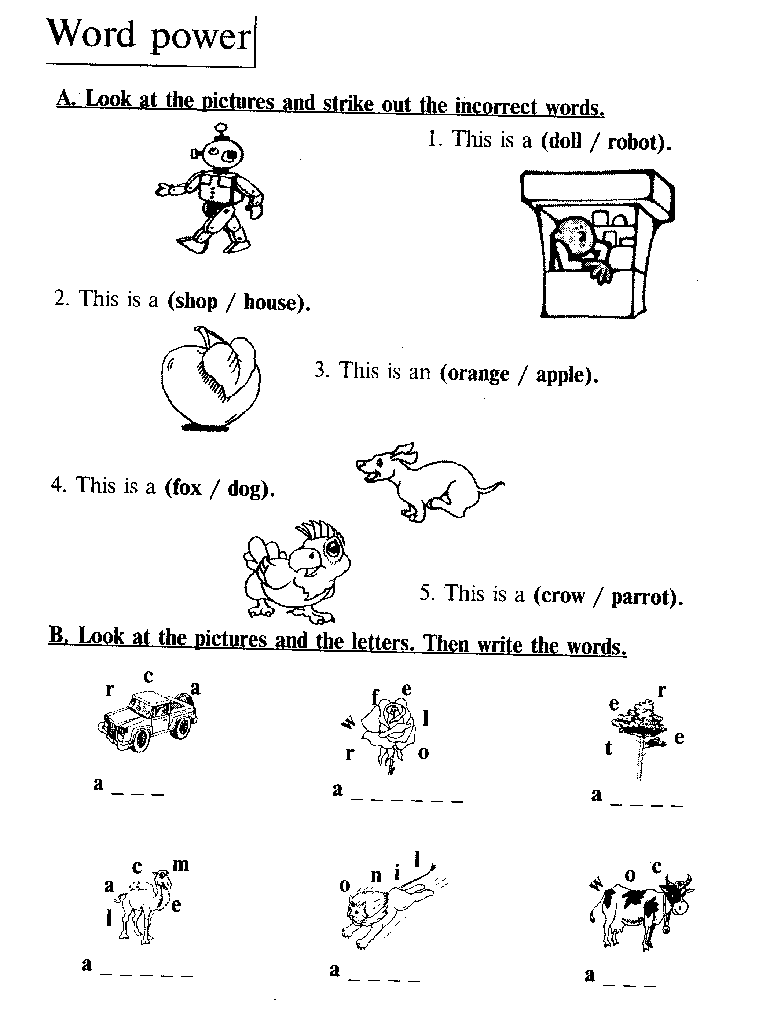 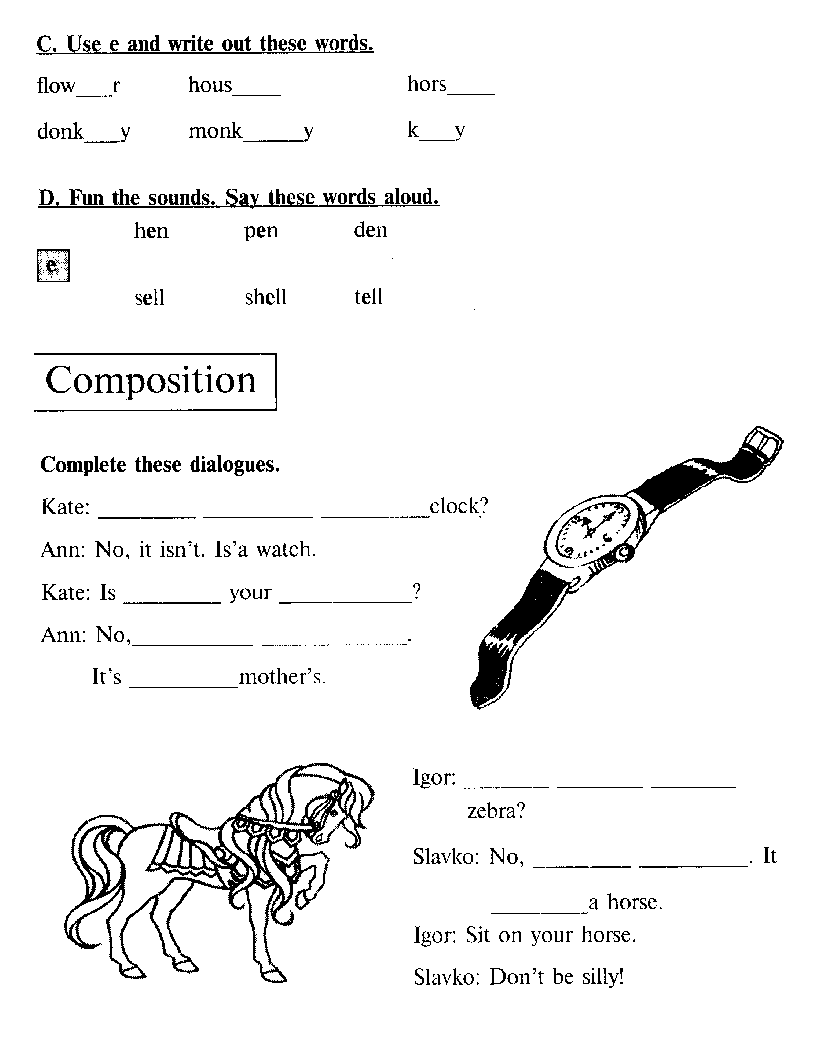 Робіть краще за мене Учитель у своїх спостереженнях чималу увагу звертає на мовні ситуації, які можуть стати у пригоді кожному, хто вивчає іноземну мову самотужки. Будь – хто, бажаючи якомога швидше відчути реальні зрушення у вивченні мови, повинен обмежити обсяг лексики, визначивши основний напрямок своїх професійних чи особистих інтересів. За відсутністю іномовного оточення навчитися розмовляти іноземною мовою, не спираючись на знання граматики, просто не неможливо. Тому треба кожному поставити за мету тверде знання граматики. Інакше такий « знавець » мови буде постійно спотикатися на кожному кроці, допускаючи численні помилки, які будуть призводити до спотворення змісту мови. Той, хто вивчає іноземну мову, мусить використовувати будь – яку нагоду живого спілкування з носієм мови, яка вивчається. Але для цього слід ретельно готуватися, а саме : - заучувати слова не тільки окремо, але і в складі речень, взятих із розмовників та інших джерел. Це дозволить оволодіти конструкціями, які спрацюють при усному чи письмовому викладі думок іноземною мовою; - систематично працювати над прямим і зворотним перекладами текстів і речень із підручників та розмовників; - частіше прослуховувати передачі та записи іноземною мовою; - практикувати різноманітні види навчальної роботи : письмо, читання, прослуховування, мовлення, переклад. Різноманітність знижує втому, підвищує інтерес до мови. Підсумовуючи свої роздуми, треба наголосити на необхідності систематизації знань і навичок, постійного повторення, яке виявляє слабо засвоєні елементи мови. особливо це стосується граматичної системи. Зрозуміло, що в короткому викладі об’ємних статей неможливо зупинитися на багатьох позиціях і спостереженнях, які можуть зацікавити читачів, насамперед, вчителів іноземної мови. Однак, хочеться сподіватися, що моя робота була недаремною і дозволить фахівцям не тільки мати певне уявлення про досвід, але й іншими очима подивитися на свій власний – і не лише, щоб переконатися в своїх повністю не вичерпаних творчих можливостях, але й доповнити їх новими, досконалішими думками. Література Коломінова О.О. Методика формування соціокультурної компетенції учнів молодшого шкільного віку в процесі навчання усного англомовного спілкування. К. 1999. – 16с. Гальськова Н.Д. методика обучения иностранных языков. Пособие для учителя. – М.АРКТИ, 2000- 165с. Зимняя И.А. Педагогическая психология: Ученик для вузов. Изд. ІІ допол. – М. Просвещение, 2000-384с. Коробко С.Л. Розвиток пізнавальних процесів у шестирічних першокласників// Навчання і виховання шестикласників: Зб. Статей/ Упор. К.С. Прищепа. – К.: Рад. шк.., 1990 – с.25-39 Бігич О.Б. Вправи з навчання техніки читання та письма англійською мовою на початковому ступені. – К.: Ленвіт, 2000 |
